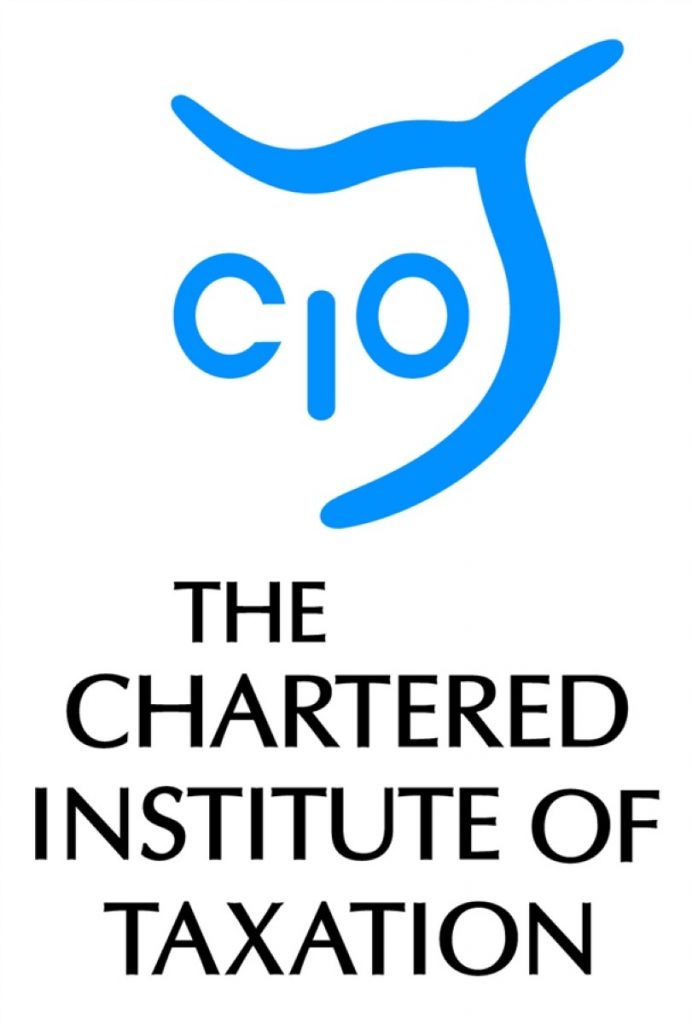Offshore tax proposals will catch innocent migrants, warns tax charity
In a consultation on offshore tax evasion, the Government have announced their intention to make it a criminal offence of ‘strict liability’ (i.e. without the need to prove criminal intent) to have taxable offshore income and gains that have not been declared in the UK.
Chairman of the Low Incomes Tax Reform Group (LITRG), Anthony Thomas, said:
“This proposal is poorly designed and we do not agree with the principle of it. Migrants who come to the UK to work will often have a small amount of income arising in their home countries too. They may now face a criminal conviction for having that income because the prosecution does not have to prove that they intended to avoid UK tax.
“When it comes to tax obligations, migrants face particular challenges. Many may simply be unaware of their duties in this country; criminal prosecution for ignorance is alarming and unjustified. Legislation must be designed to reflect the difference between active evasion and non-declaration through the lack of requisite knowledge.
“LITRG believe that there should have to be at least £5,000 unpaid tax for there to be any question of criminal liability. Additionally there should be a ‘reasonable belief’ defence written into statute. Virtually all criminal offences require an intention to commit them; it is generally neither fair, nor useful, to subject people to criminal punishment for oversights or misunderstandings.
“We are disappointed that this consultation process has been undermined by Government having decided the principles of the legislation in advance. The most effective kind of consultation is one where the principles under consideration have been arrived at through consultation with stakeholders from the beginning, not after key decisions on policy have already been taken.”
Notes to editors
1. The submission of the Low Incomes Tax Reform group can be read in full, here.
2. HMRC’s consultation, Tackling offshore tax evasion: A new criminal offence, can be read in full here.
3. The Low Incomes Tax Reform Group (LITRG)
LITRG is an initiative of the Chartered Institute of Taxation to give a voice to the unrepresented. Since 1998 LITRG has been working to improve the policy and processes of the tax, tax credits and associated welfare systems for the benefit of those on low incomes.
4. The Chartered Institute of Taxation (CIOT)
The CIOT is the leading professional body in the United Kingdom concerned solely with taxation. The CIOT is an educational charity, promoting education and study of the administration and practice of taxation. One of our key aims is to work for a better, more efficient, tax system for all affected by it – taxpayers, their advisers and the authorities. The CIOT’s work covers all aspects of taxation, including direct and indirect taxes and duties. Through our Low Incomes Tax Reform Group (LITRG), the CIOT has a particular focus on improving the tax system, including tax credits and benefits, for the unrepresented taxpayer.
The CIOT draws on our members’ experience in private practice, commerce and industry, government and academia to improve tax administration and propose and explain how tax policy objectives can most effectively be achieved. We also link to, and draw on, similar leading professional tax bodies in other countries. The CIOT’s comments and recommendations on tax issues are made in line with our charitable objectives: we are politically neutral in our work.
The CIOT’s 17,000 members have the practising title of ‘Chartered Tax Adviser’ and the designatory letters ‘CTA’, to represent the leading tax qualification.
James Knell
External Relations Officer
+44 (0)20 7340 2702





-01.png)